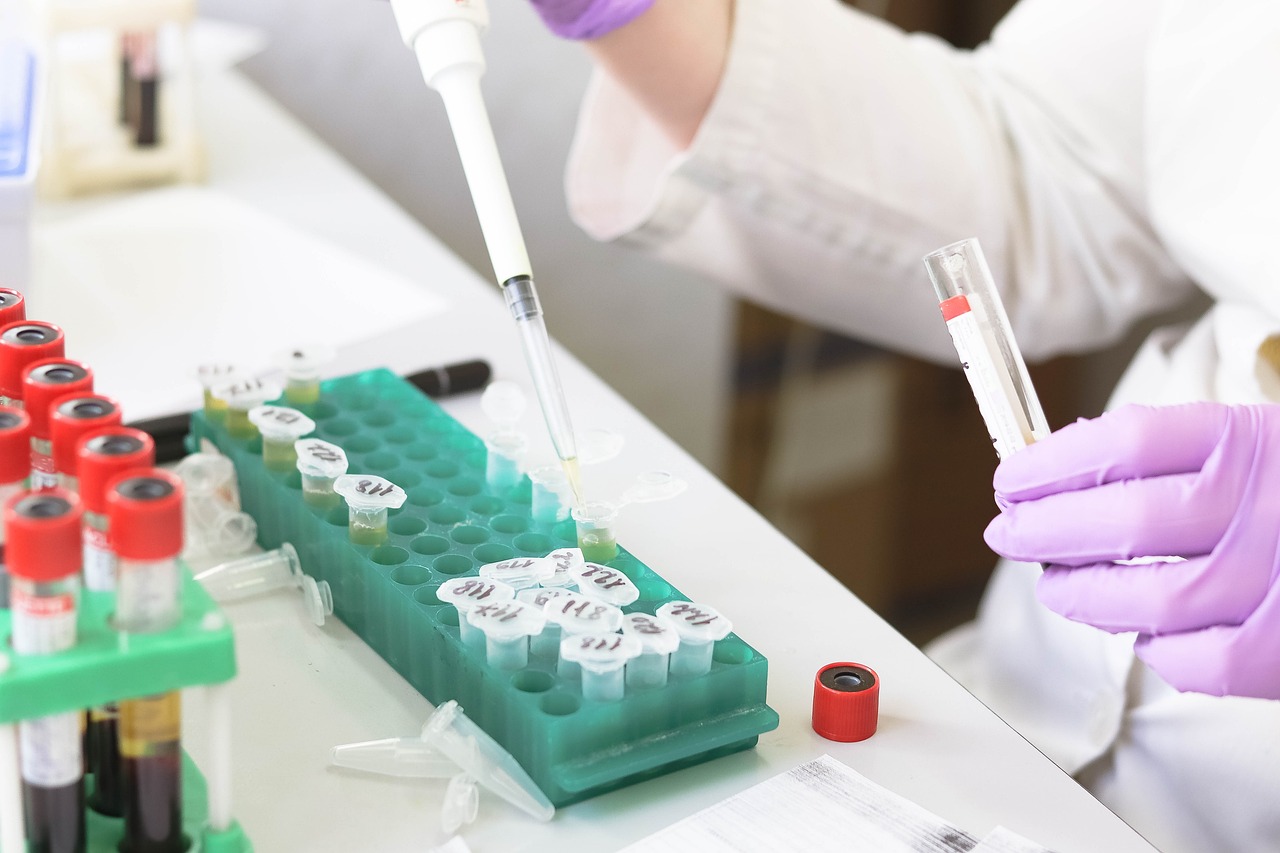(ASX:RCE), a company developing new classes of synthetic anti-infectives, has announced that its RECCE 327 (R327) has demonstrated bactericidal activity against all six antibiotic-resistant ESKAPE pathogens, including drug-resistant mutations as well as two additional World Health Organization (WHO) priority pathogens list.
The company said these antibiotic-resistant bacteria acronymically dubbed ‘ESKAPE’ due to their propensity of ‘escaping’ the biocidal action of antibiotics are collectively responsible for thousands of hospital-acquired (nosocomial) infections.
The ESKAPE pathogens include both Gram-positive and Gram-negative bacteria: Enterococcus faecium; Staphylococcus aureus; Klebsiella pneumonia; Acinetobacter baumannii; Pseudomonas aeruginosa; and, Enterobacter species.
The company said the study was conducted by an independent contract research organisation to assess the in-vitro efficacy of R327 against all ESKAPE pathogen bacterial strains. R327 is a broad-spectrum synthetic anti-infective that has the potential to address the urgent global health threat posed by antibiotic-resistant superbugs and emerging viral pathogens.
It said the bactericidal activity of R327 demonstrated a three-log or 99.9 percent reduction in the number of colony-forming units over 24 hours against all six strains at various concentrations and times. It added that additional time-kill concentration studies are underway and that data is expected in around one month with inclusion in an abstract for presentation at the upcoming World Microbe Forum.
Recce Pharmaceuticals CEO James Graham said, “We are encouraged by the data from this study and will continue to explore the potential of RECCE 327 to treat hospital-acquired infections. Antimicrobial resistance is one of the most urgent threats to global public health with the suite of ESKAPE pathogens posing a significant threat due to their virulence and rapid development of drug resistance. Additionally, with R327 effective against two more priority pathogens listed by the WHO, we believe reinforces the potential of R327 to treat some of the greatest threats to human health.”







